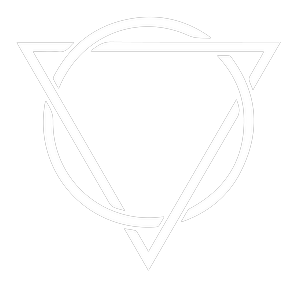A traditional definition of "legacy" is "to send or bequeath" which is essentially the passing off of something from one generation to another. So "Legacy media" refers to traditional forms of mass communication that existed before the advent and rise of the internet - specifically the world wide web. Such as:
Print Media: Newspapers and magazines that are published in physical formats, as opposed to digital-only publications.
Broadcast Media: Radio stations that transmit content over the airwaves. Including audio and also video networks and AM radio stations.
Cable Television: Television services that are delivered through cable infrastructure, offering a variety of channels.
The Film Industry: Traditional filmmaking and distribution, including movies produced by major studios and shown in theaters.
Book Publishing: Traditional publishing houses that produce physical books rather than exclusively digital formats.
A pro-democratic highlighting of ownership of such media, which we support, is that it was historically, unless some sort of bottom up co-op, owned by wealthy business people who were usually white and of European descent with various backgrounds. While regressive authoritarians, which we do not support, typically dog whistle a secret and more specifically conspiratorial definition of legacy media which is... "The Jews".
As we'll get into discussing the many, many, problems of legacy media, in this insight series it is accurate to say this term is often used to distinguish traditional media outlets from newer, digital-native platforms, regardless of their ownership. With the term "legacy" there to emphasize the historical and established nature of these media forms of which many young children today will never know, contrasting them with the newer and often more technologically advanced methods of communication that have emerged in the digital age that young children might now use every week. In print that has occured for over multiple centuries now. However, with the rise of the web (and what happens with a web? Things get caught in it), this new media landscape has essentially changed almost everything. Legacy media has had to adapt to new challenges and competition from "new media" internet based digital platforms, which often operate with different business models and reach audiences in alternative, primarily more democratized ways. It's also a good way of describing that these things are the past, not the future and are being replaced via the internet at high speeds. By democratized we mean every individual now has a pen and or voice to publish and broadcast through new mediums such as websites, blogs, articles, digital channels, podcasts, etc... Which has some good and bad, but as a whole, we can say that legacy media has more top down gatekeepers, while newer media, while still used occasionally with the help of traditional gatekeepers, by no means requires those gatekeepers. Allowing for a broader range of discours and a more bottom up philosophy. Representing more people and a wider range than only what gatekeepers have historically allowed. Hooray!
